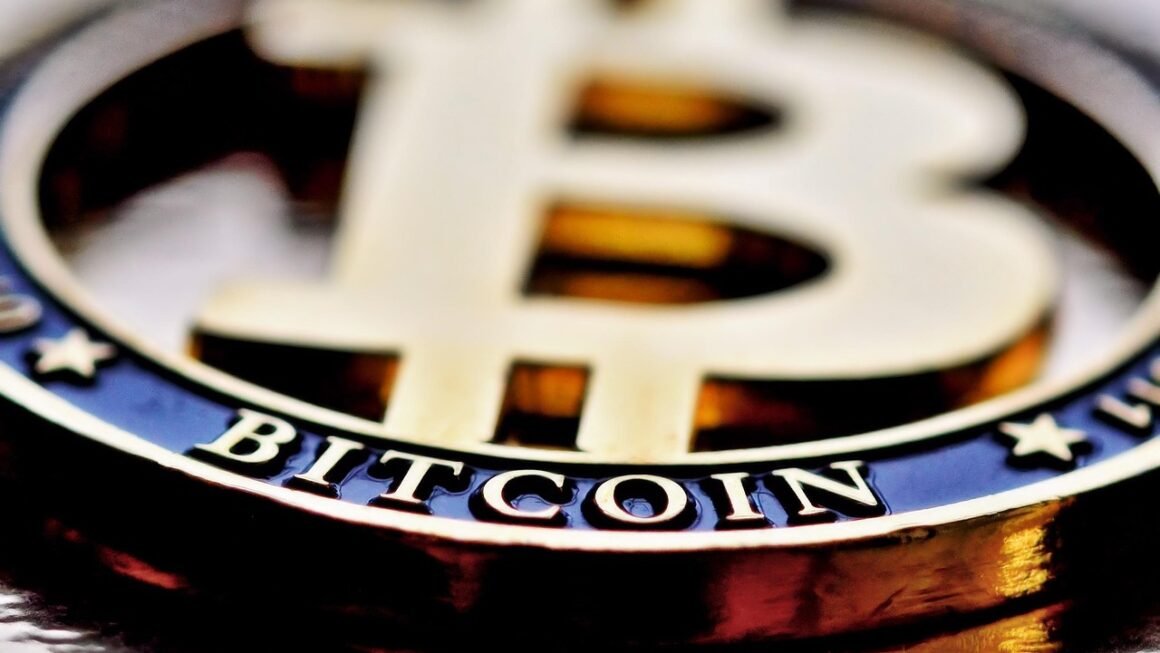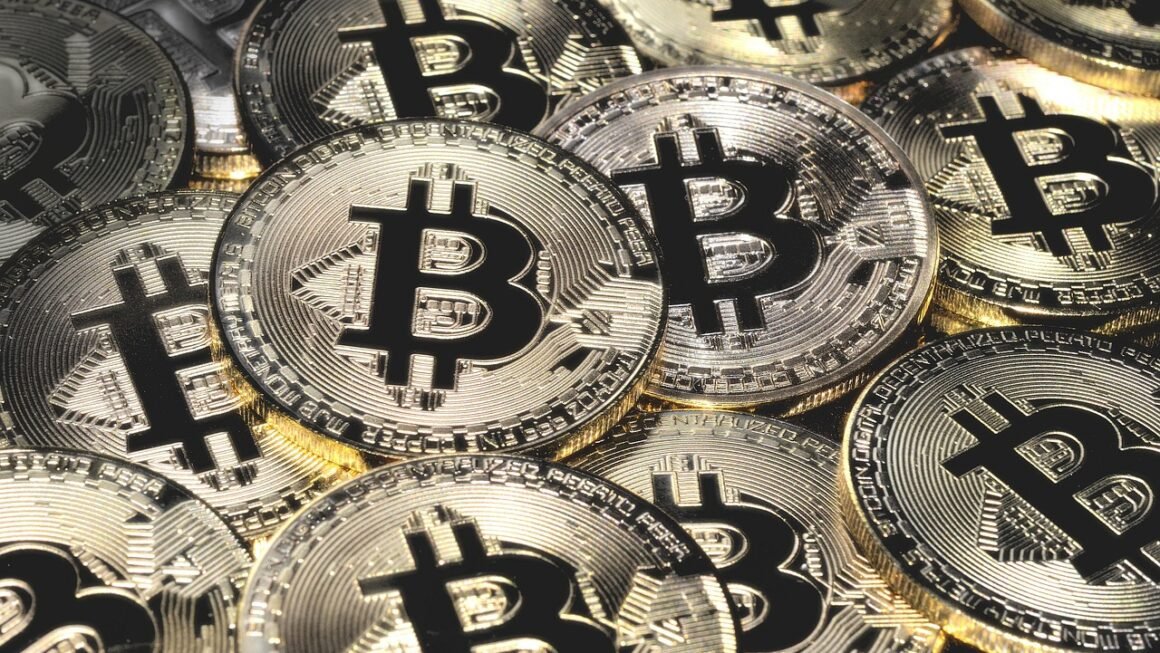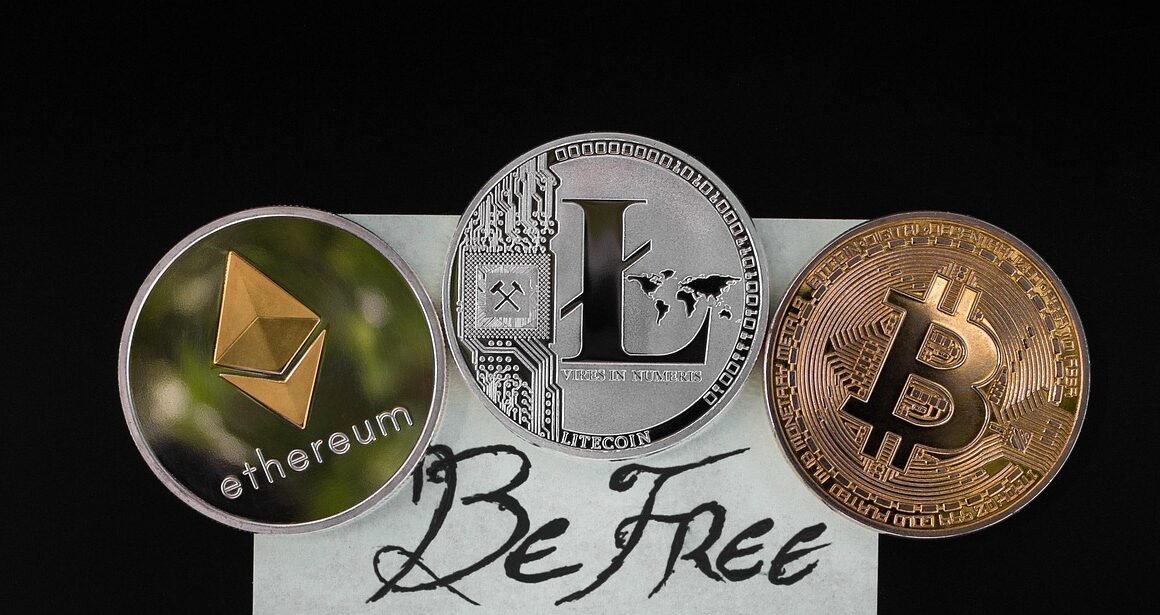Governance tokens: The keys to community-driven crypto projects. These digital assets empower holders to participate in the decision-making processes of blockchain projects, from protocol upgrades to treasury management. This article delves into the world of governance tokens, exploring their functionality, benefits, risks, and impact on the future of decentralized organizations.
What are Governance Tokens?
Governance tokens are a specific type of cryptocurrency that grants voting rights and influence within a blockchain project or decentralized autonomous organization (DAO). Unlike traditional cryptocurrencies like Bitcoin, which primarily function as a medium of exchange or store of value, governance tokens enable holders to participate in the evolution and direction of the project.
Functionality of Governance Tokens
- Voting Rights: The core function of a governance token is to grant holders the right to vote on proposals related to the project’s future. The weight of a vote is typically proportional to the number of tokens held.
- Proposal Submission: Some platforms allow token holders to submit their own proposals for consideration by the community. This democratizes the decision-making process and encourages active participation.
- Protocol Upgrades: Governance tokens play a crucial role in deciding on protocol upgrades, feature additions, and parameter adjustments.
- Treasury Management: In many DAOs, governance token holders have a say in how the project’s treasury is managed, including allocating funds for development, marketing, or other initiatives.
Examples of Governance Tokens
- Maker (MKR): MKR governs the MakerDAO protocol, responsible for issuing and managing the DAI stablecoin. MKR holders vote on stability fees, collateral types, and other parameters that affect the DAI ecosystem.
- Compound (COMP): COMP token holders govern the Compound lending protocol. They vote on interest rate models, collateral factors, and the addition of new assets to the platform.
- Aave (AAVE): AAVE token holders govern the Aave lending protocol, influencing decisions related to risk parameters, new feature implementations, and the allocation of ecosystem funds.
- Uniswap (UNI): UNI token holders govern the Uniswap decentralized exchange. They vote on protocol upgrades, fee switches, and treasury management.
- Curve (CRV): CRV token holders govern the Curve Finance decentralized exchange, focused on stablecoin swaps. They vote on gauge weights (allocation of rewards to different liquidity pools) and other parameters.
Benefits of Governance Tokens
Governance tokens offer several advantages to both project developers and token holders. They foster community involvement, promote decentralization, and align incentives.
Empowering the Community
- Increased Participation: Governance tokens encourage token holders to actively participate in the project’s development and direction.
- Decentralized Decision-Making: They distribute decision-making power away from a central authority and towards the community.
- Community Ownership: By giving token holders a voice, governance tokens create a sense of ownership and shared responsibility.
Enhanced Transparency and Accountability
- Open Governance Processes: Governance token mechanisms typically involve transparent proposal submission, voting, and result tracking.
- Accountable Development Teams: Developers are more accountable to the community when their decisions are subject to community approval.
Aligning Incentives
- Shared Success: Governance token holders are incentivized to act in the best interests of the project, as their tokens’ value is tied to its success.
- Reduced Centralization Risks: Distributing governance power reduces the risk of centralized control and potential abuse.
Risks and Challenges
While governance tokens offer significant benefits, they also present certain risks and challenges that must be considered.
Low Participation Rates
- Voter Apathy: A significant challenge is low voter turnout. Many token holders may not actively participate in governance, leading to decisions being made by a small minority.
- Solutions: Strategies to combat voter apathy include incentives for participation, simplified voting processes, and improved communication.
Whale Influence
- Disproportionate Power: Holders of large amounts of governance tokens (whales) can exert disproportionate influence over voting outcomes.
- Mitigation Strategies: Mitigation strategies include quadratic voting (where the cost of additional votes increases), delegation mechanisms, and weighted voting systems.
Governance Attacks
- Sybil Attacks: Attackers can create multiple fake identities to gain a larger voting share.
- Solutions: Mitigation requires robust identity verification methods and mechanisms to prevent Sybil attacks.
Regulatory Uncertainty
- Legal Ambiguity: The legal status of governance tokens is still evolving in many jurisdictions.
- Compliance Concerns: Projects need to be aware of and comply with relevant regulations to avoid legal issues.
Evaluating Governance Tokens
When evaluating a governance token, consider several key factors to assess its potential and the underlying project’s governance structure.
Project Fundamentals
- Project Vision: Understand the project’s goals, roadmap, and the problem it aims to solve.
- Team and Community: Assess the experience and expertise of the development team and the strength of the community.
- Tokenomics: Analyze the token’s supply, distribution, and utility within the ecosystem.
Governance Structure
- Voting Mechanism: Examine the voting process, including proposal submission, voting weight, and quorum requirements.
- Transparency: Evaluate the transparency of the governance process, including access to information and auditability of voting results.
- Delegation Options: Determine if token holders can delegate their voting rights to trusted representatives.
Community Engagement
- Active Forums: Look for active community forums and discussions related to governance proposals.
- Developer Communication: Assess the level of communication and engagement from the development team.
The Future of Governance Tokens
Governance tokens are poised to play an increasingly important role in the future of decentralized organizations and blockchain projects. As the crypto space matures, more projects are adopting governance token models to empower their communities and foster sustainable growth.
Increasing Adoption
- Growing Number of DAOs: The number of DAOs is steadily increasing, driving demand for governance tokens.
- Mainstream Integration: Governance tokens are becoming more integrated into traditional financial systems and organizational structures.
Evolving Governance Models
- Liquid Democracy: Experiments with liquid democracy, where token holders can delegate their votes to experts in specific areas, are gaining traction.
- Optimistic Governance: This approach assumes that proposals are valid unless challenged, streamlining the governance process.
The Impact of Regulation
- Clarity and Compliance: Clearer regulatory guidelines will help legitimize governance tokens and encourage wider adoption.
- Investor Protection: Regulations will aim to protect investors from fraud and manipulation in the governance token market.
Conclusion
Governance tokens represent a powerful tool for decentralizing decision-making and empowering communities in blockchain projects. While challenges such as low participation rates and whale influence need to be addressed, the potential benefits of enhanced transparency, community ownership, and aligned incentives make governance tokens a critical component of the future of decentralized organizations. By carefully evaluating project fundamentals, governance structures, and community engagement, investors can identify promising governance tokens and contribute to the growth of innovative blockchain projects.



